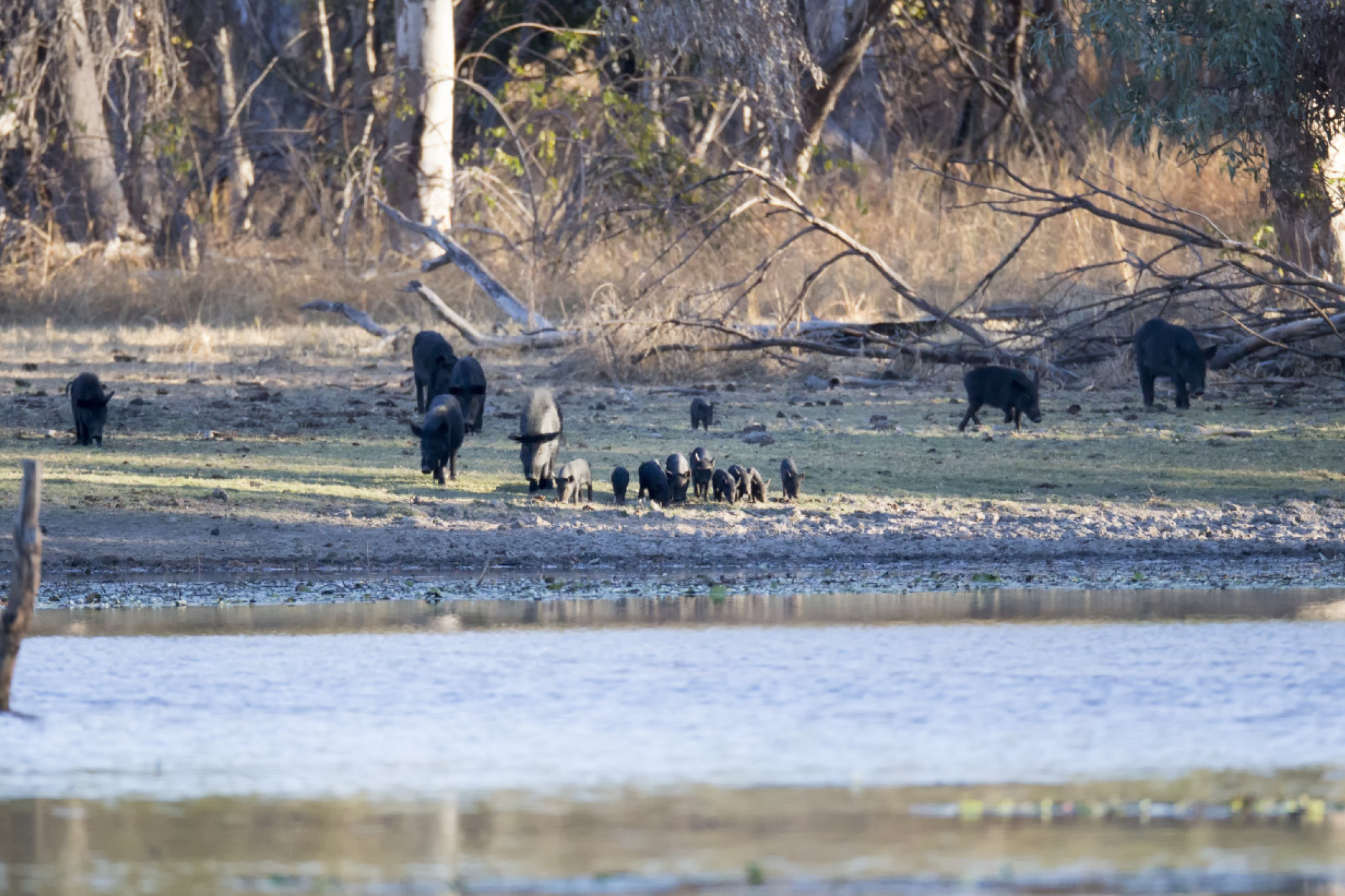Rural
10 April, 2025
Government takes action against feral pigs
THE Crisafulli Government is delivering $2 million in new funding to help manage Queensland’s growing feral pig problem, easing the burden on regional communities.

After years of Labor neglect, feral pig populations have exploded across Queensland, causing severe damage to agriculture, the environment, and waterways.
$1 million of the new investment will be spent on the Queensland Feral Pig Action Plan, which has been developed with key stakeholders and is tailored to address regional needs. The remaining half of the funding will go towards developing new control methods over the next three years.
This funding boost is in addition to the Crisafulli Government’s broader $50 million investment over the next four years to strengthen biosecurity efforts.
In 2023, the Australian Bureau of Agriculture and Resource Economics and Sciences (ABARES) reported that feral pigs caused $95 million in production losses and direct control costs in Queensland.
Earlier this year, state-funded regional feral pig coordinators were deployed in six Queensland regions. They are working alongside primary producers, local governments, and other stakeholders to reduce feral pig numbers through measures like monitoring, baiting, trapping, and shooting in targeted areas.
Minister for Primary Industries, Tony Perrett, emphasized that feral pigs are a national problem, and reducing their numbers will require both investment and innovative control methods.
“We need to make a dent in feral pig populations, not only to protect primary production but to mitigate biosecurity risks,” Minister Perrett said. “Feral pigs cost primary producers millions of dollars every year, and the Crisafulli Government is focused on bringing their numbers under control.”
Perrett added that a coordinated approach involving everyone from landholders to the Government is essential to tackling the issue effectively.
“Whether you’re a grazier out west, a sugarcane farmer up north, a strawberry grower on the granite belt, a natural resource manager in the Wet Tropics, a traditional owner on the Cape, or part of a local, state, or Commonwealth government agency—your ideas, expertise, and action are essential.”

